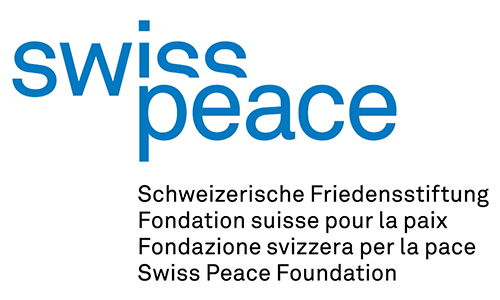Dealing with the Past
Finding a way to deal with a violent past in the aftermath of civil war, the end of an authoritarian regime or occupation, is argued by some to be the basis for lasting peace, democracy and the rule of law. This includes the identification of past human rights violations, the prosecution of perpetrators on a national or international level, the rehabilitation of victims, the establishment of truth commissions, reparation programs, guarantees of non-recurrence and commemoration. Course participants will critically reflect on such processes and assess their effects on society as a whole and on victims and perpetrators in particular.
In this course you will:
- understand different approaches to dealing with the past.
- get familiar with the most important notions, concepts and mechanisms relevant to transitional justice and dealing with the past (truth commissions, archives, reparation programs, guarantees of non-recurrence, etc.).
- learn how dealing with the past processes have been designed and implemented in different contexts.
- learn about the complexities, challenges and politics inherent in dealing with the past processes and the design of mechanisms and interventions.
- exchange experience and become part of a community of practice.
This course is designed for:
professionals engaged in Dealing with the Past processes and Conflict Transformation
practitioners and academics interested in complementing their own experiences with current conceptual insights and practical knowledge
Lieu
Pour vous inscrire à ce cours, veuillez cliquer sur le bouton. S’inscrire maintenant
| Thèmes | |
| Langues | English |
| Évaluation | Confirmation of Participation |
| Public cible | |
| Méthodes | |
| N° de participants | 25 |
| Accréditation | |
| Certificat |
Si vous avez des questions sur ce cours, contactez-nous.
Pour envoyer un message, veuillez cliquer sur ce bouton Entrer en contact

